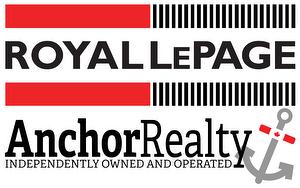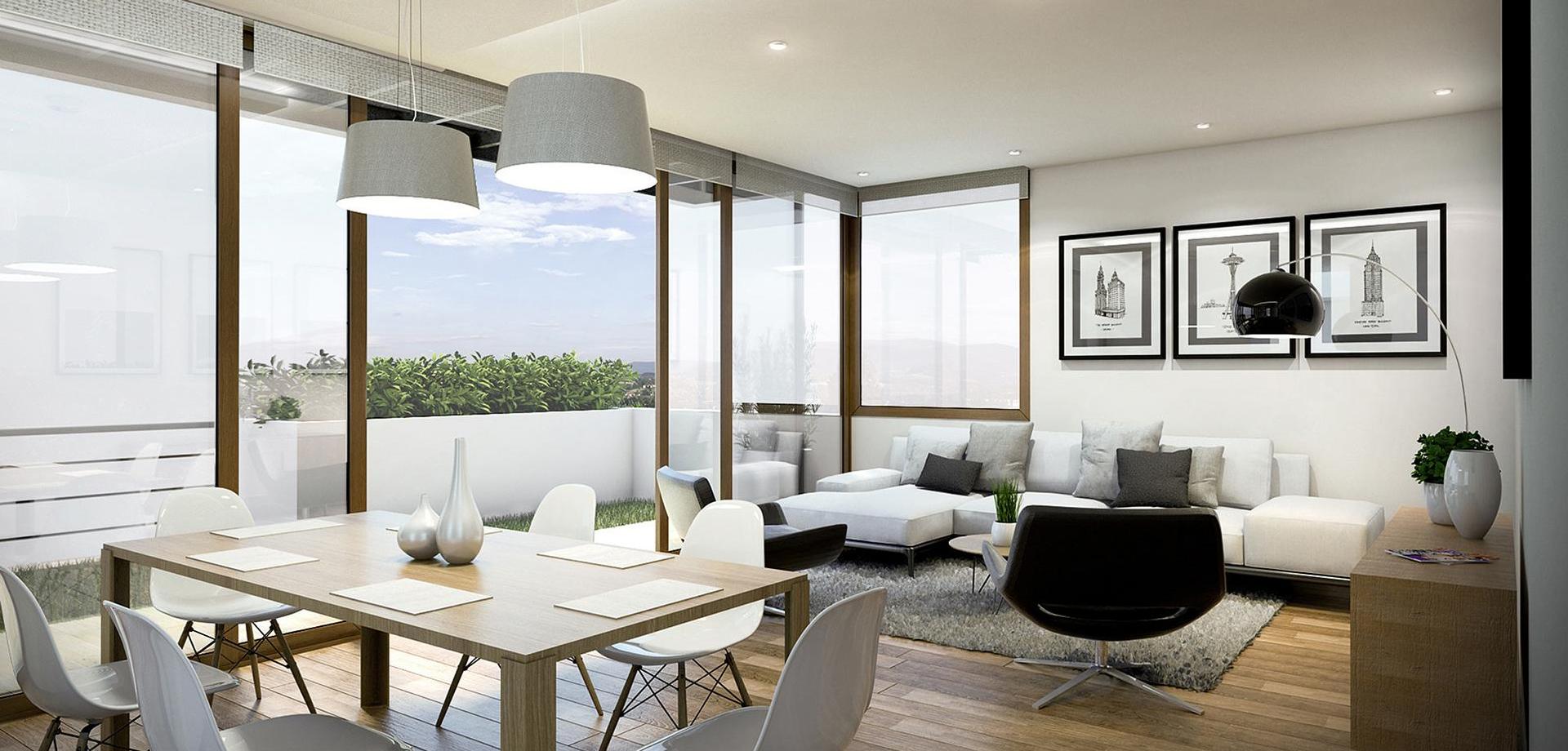
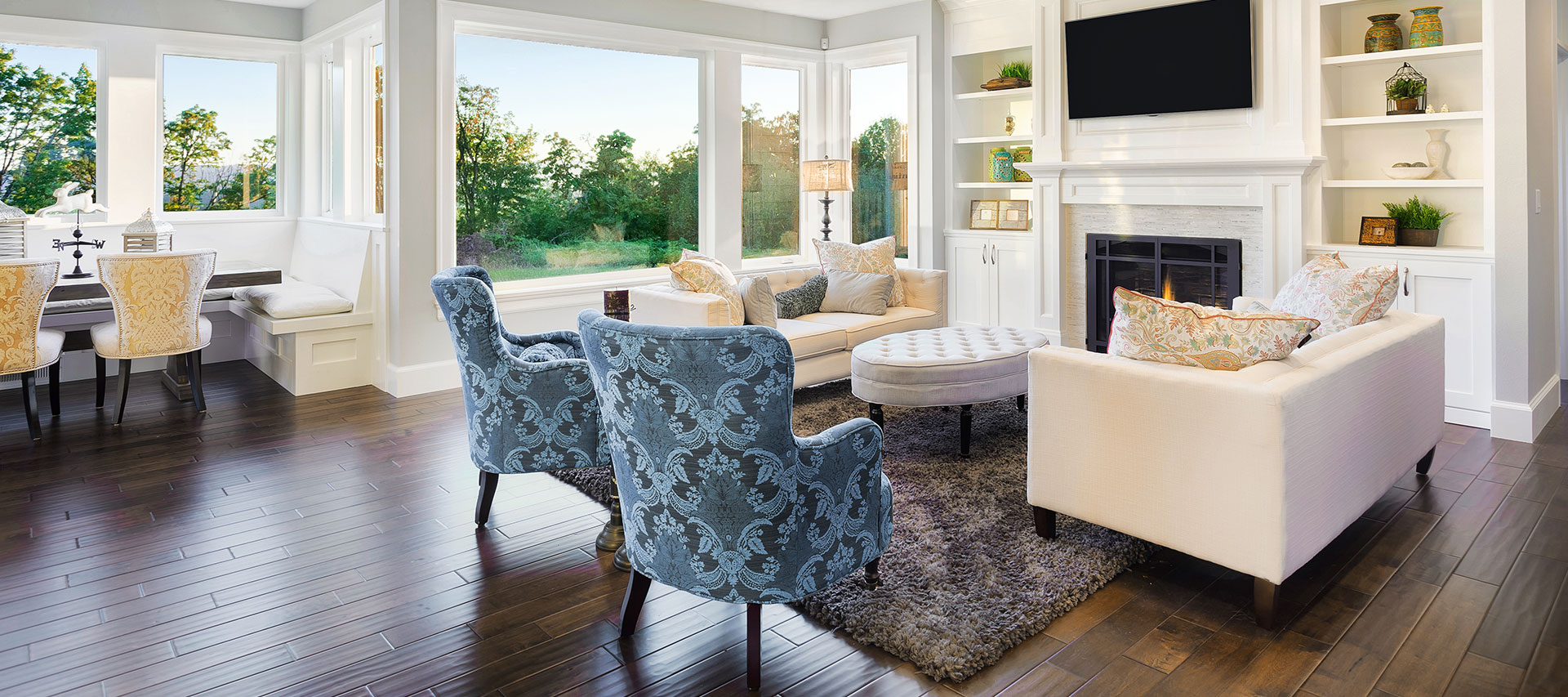
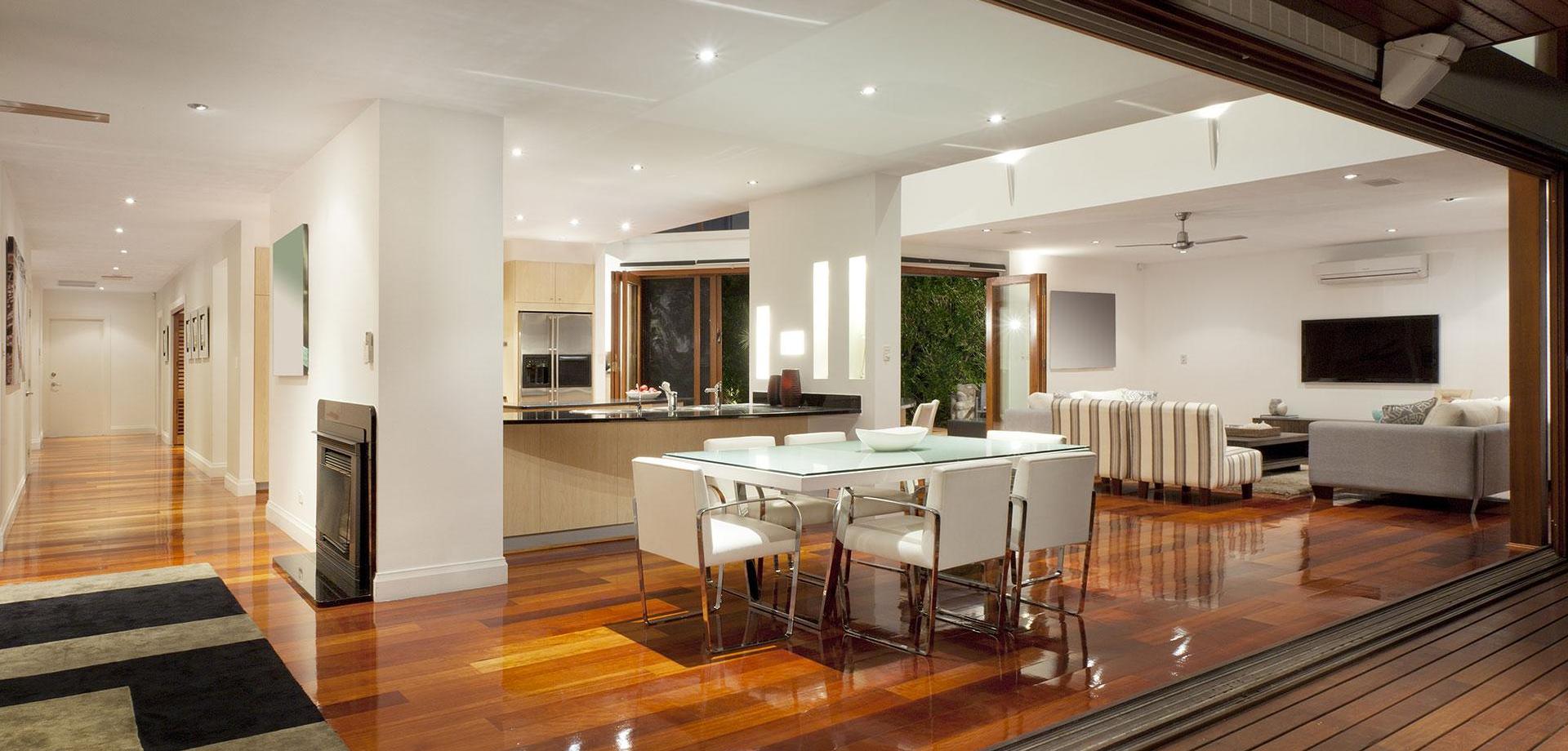
Heating Systems in Nova Scotia
Heating Systems in Nova Scotia
There are many different heating systems in Nova Scotia. The three most common main heating sources here are oil, electricity and natural gas. Oil and electric are found everywhere but the areas with natural gas are limited. Wood and Pellet stoves are very common as supplementary heating sources and propane fireplaces are also used for the same purpose. There are advantages and disadvantages to all heating systems.
Electric or natural gas heat pumps are the cheapest heating systems to operate. Complete home heat pumps are cheaper to run than ductless heat pumps. Heat pumps also provide air conditioning. Heat pumps have to be replaced as they get older and they are expensive to replace. The life of a heat pump varies but on average a heat pump will last 10-15 years.
Heating with oil can be inexpensive when the cost of oil is low and high if oil price is high. It is not as dry a heat as electric baseboard heating so the interior air can be more comfortable. You do need an oil tank which needs to be filled regularly and insurance companies will make you replace the oil tank when it gets to be on average 10 years old if it is located outside and 15 years if it is inside. House insurance is also higher when you heat with oil and you need a yearly maintenance plan for cleaning and repairs ($150 to $200 a year). Some repairs aren't covered by the yearly maintenance plan so there is additional cost there as well.
Electric baseboard heating has by far the least maintenance. There is no furnace, oil tank or heat pump to worry about so there is little that can go wrong. There are also thermostats in every room so you can control the heat better. Insurance is slightly lower than oil because there is less risk. It can be more expensive than oil for very large houses or if the house is not well insulated. It is dryer heat so the air is dryer in winter.
When natural gas is available the most common natural gas heating systems we see is natural gas heat pump, natural gas forced hot air and natural gas hot water baseboard ( see below). There are no tanks to fill with natural gas and you never run out. Natural gas heating systems are more efficient to run than oil so they can be a lot cheaper. With natural gas as your heating source you can also use a natural gas range, clothes dryer or BBQ. These are usually cheaper to run with natural gas.
Below is a description of most of heating systems that you will find here. The letters in brackets is the abbreviated form that you would see the heating system described in an MLS listing information sheet.
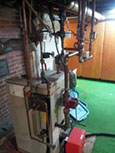 Oil Hot Water Baseboard (HWBB or OHWBB):
Oil Hot Water Baseboard (HWBB or OHWBB):
Oil Hot Water Baseboard heating is one of the most popular heating systems in Nova Scotia. With this system there is a furnace and there are baseboards in every room of the house. This furnace provides heat and also domestic hot water. There is no need for a separate hot water tank so most times there isn't one but sometimes owners will have above average usage and install a separate hot water tank. The furnace has two piping systems. One is a continuous loop that provides heat and the other provides domestic hot water that you would use for cooking, bathing etc. The heating portion is divided into zones and each zone has its own thermostat. The number of zones varies from 2 to 10 with the most common being between 3 and 5. A typical zoning setup would be the main living area, including living, dining room and kitchen, would have a zone, the master bedroom would have its own zone, the other bedrooms would have a zone and the basement would have a zone. Obviously this can vary widely. A HWBB furnace can last as long as 30 years.
 Oil Forced Air (FHA OR OFHA):
Oil Forced Air (FHA OR OFHA):
A Oil Forced Hot Air system is much like natural gas systems found in many other areas. With Oil Forced Hot Air there are ducts running through the house. There is a furnace. There are only a few zones that are controlled by thermostats. There are a lot less zones than hot water baseboard with 1-2 zones being average.
Electric Baseboard (ELECTRIC)
When it is said that the heating is electric, what is usually meant is the heating system is Electric Baseboard heating. With Electric Baseboard heat there are thermostats in every room so you have great control. There are also baseboards on the walls in every room. This is by far the easiest system to maintain. There is no need for oil delivery and you have no furnace to break down. Insurance is lower than with oil heat.
Electric Hot Water Baseboard (EHWBB):
Electric Hot Water Baseboard heat is very similar to oil hot water baseboard. The main differences are you always have a separate hot water tank because the domestic hot water is not heated with this system, there is no tank for your fuel as with oil and the furnace is much smaller.
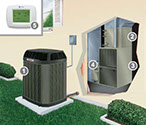 Heat Pump (HEAT PUMP OR HT PUMP):
Heat Pump (HEAT PUMP OR HT PUMP):
Heat pumps have become very popular in the area, especially in new homes. With a Heat Pump there is a unit outside that collects heat from the air. There is usually also an electric or natural gas furnace that acts as back up if the heat pump cannot collect enough heat. A Heat Pump also provides air conditioning. A Heat Pump is the most expensive system to install here with an average cost of about $20,000 or higher for a whole house ducted heat pump system. Because it is more expensive it is also less common. It is also the cheapest system to operate. Depending on the size of house a heat pump will be $1000‐ $2000 a year less to operate. It is a forced air system so there are ducts throughout the house.
Ductless heat pumps are extremely popular here. These are not whole house systems. They are individual units that are installed into a wall of the room. These are usually used as a supplementary heat source but there are some new homes where this is the main source. Typically homes will have 2-3 ductless heat pumps. If an existing home doesn't have heat pumps and the existing owner or new buyer wants the cost savings and air conditioning most often ductless heat pumps are installed. The average cost per ductless heat pump installed is $3500 to $4000 per heat pump.
 Electro Thermo Storage Units(ETS)
Electro Thermo Storage Units(ETS)
An ETS system is an electric system. An ETS unit is a box that is about 4 ft long that is installed on the floor in your house. Usually there is one per floor. Each unit creates heat during the off peak periods and releases it when you need it. They are estimated to be 30% cheaper to run then electric baseboard heat. One advantage when this system is installed in your house is you get a discount on all electricity you use in off peak hours which is usually from 11pm to 7am. So you can set your dishwasher, washer, dryer etc. to come on during off peak periods and save on electricity this way. They do get hot so they can be a problem if you have young children. The are not cheap. They are about $3500-$4000 a unit to buy and install and many houses need three. ETS units are most often used as a supplementary heat in addition to an oil or electric system.
Cost comparison:
Based on what we see when we sell houses this is how the cost comparison breaks down. For people who work outside the home and are not home all the time the average cost to run an average home here for heat, hot water and electricity is between $350 and $400 a month. If you stay home all day or have babies your cost will be higher. If you have an old house it would be higher and if you have a new house it could be lower. If you have a heat pump It will be $1000 a year or more less. Oil hot water, oil forced air and electric baseboard are about the same in an average sized home. Because oil systems need a yearly maintenance plan, have oil tanks that need replacing and have higher insurance oil usually works out to be more expensive than electric in a small semi detached, townhouse or detached home but are still less expensive in an executive home of over 3500 ft or more. An electric hot water or ETS system would be slightly cheaper than most heating systems except a heat pump.
Summary:
Every heating system has its advantages and disadvantages. If cost is your main concern you should search for a house with a heat pump but you will be limited because not many houses have that heating system here. If you want the least hassle go with electric baseboard. All other systems are very similar. Generally the best plan is to find a home you like in an area you want and live with whatever system is there.
This page was created by Sandy and Judy Hines of Royal Lepage and any use of this information is prohibited without written permission..
